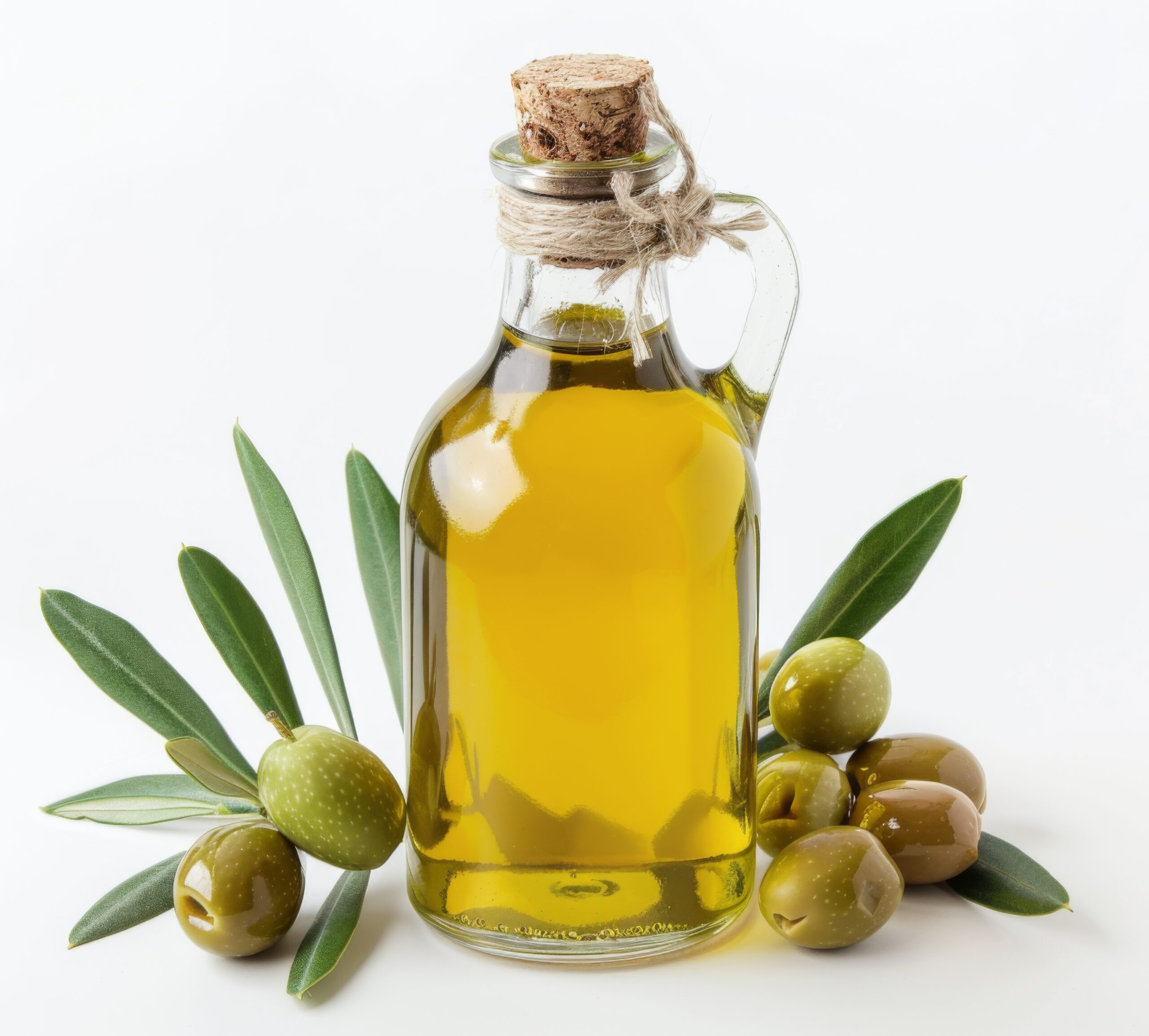
African Herbs in Cooking
African cuisine is famous for its unique and exotic flavors, and herbs play a vital role in this. Many African herbs are used in cooking, such as ginger, garlic, parsley, basil, thyme, and rosemary. These herbs are used to add flavor and aroma to dishes, and they also offer several health benefits. For instance, ginger is used in many African cuisines to treat digestive problems, while garlic is used to boost the immune system and lower blood pressure.
In addition to these commonly used herbs, African cuisines also incorporate many lesser-known herbs that offer unique flavors and health benefits. For example, the leaves of the baobab tree are used in West African cuisines to add a sour flavor to stews and soups. The leaves of the moringa tree are also used in East African cuisines to add a nutritional boost to dishes.
Related Posts
- 15 Best Herbs for Hair Growth + Natural Hair Care Tips
- 12 Solutions and Herbs for Vaginal Dryness
- Herbal Approach for Breast and Prostate Cancer
Herbal Teas and Beverages
African herbs are also used to make herbal teas and beverages. These beverages are not only flavorful but also offer several health benefits. For instance, Rooibos tea, which is native to South Africa, is rich in antioxidants and is known to boost the immune system. Hibiscus tea, which is popular in North Africa, is known for its ability to lower blood pressure and reduce inflammation.
Additionally, African herbs are also used to make alcoholic beverages such as beer and wine. The leaves of the kola nut tree are used to make a popular African soft drink called “kola nut” or “cola nut” which is known for its caffeine content.
Herbs in Traditional African Medicine
In addition to culinary uses, many African herbs are also used in traditional African medicine. These herbs are believed to offer several health benefits and are used to treat a wide range of ailments. For example, the root of the African ginger plant is used in traditional medicine to treat digestive problems and nausea. The leaves of the African mint plant are used to treat headaches and fever.
Furthermore, many African herbs are also believed to have spiritual and ritualistic significance. For instance, the leaves of the kola nut tree are used in many West African cultures as a symbol of hospitality, while the root of the African ginger plant is used in some African spiritual practices to ward off evil spirits.








